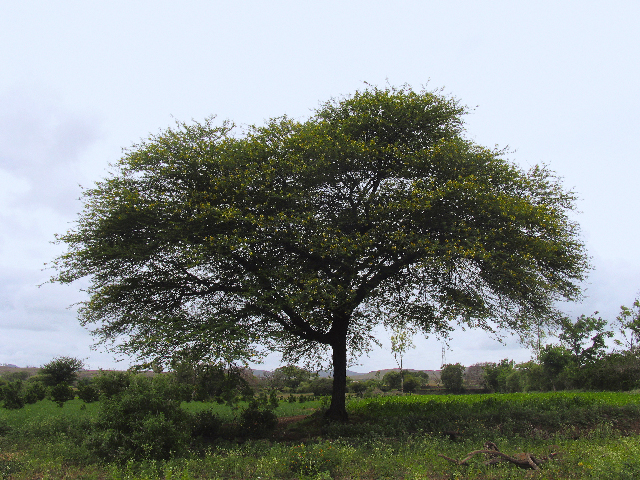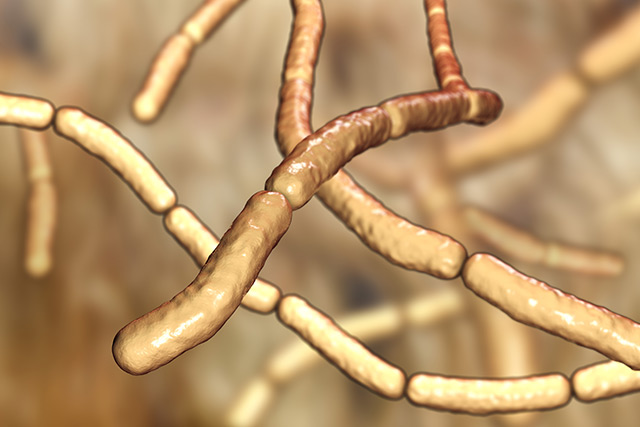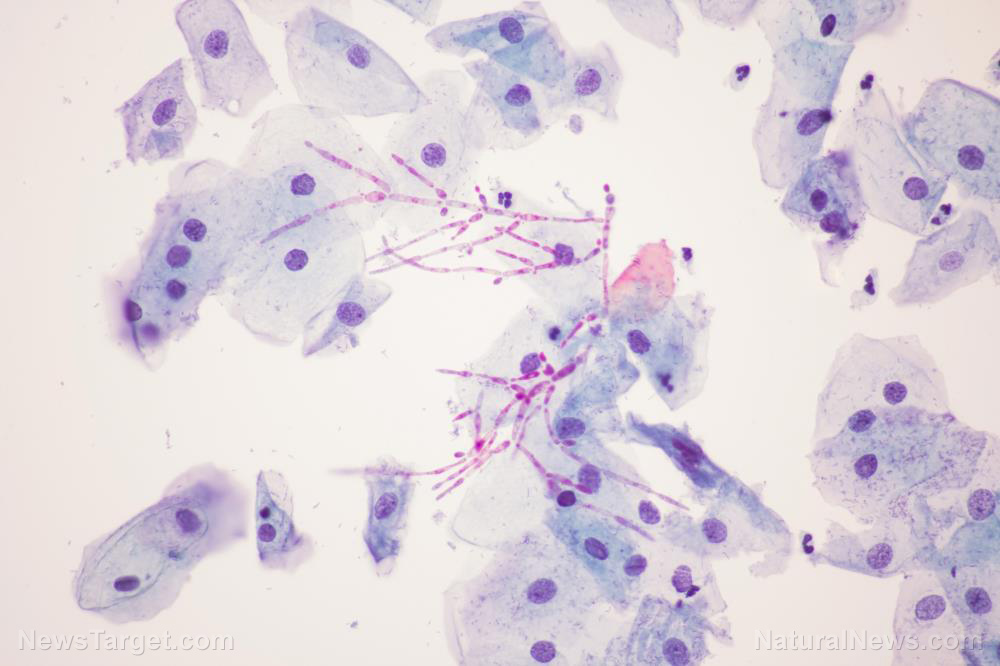Treating drug-resistant malaria with gum arabic tree
10/06/2018 / By RJ Jhonson

The emergence of drug-resistant strains of Plasmodium falciparum is considered a potentially considerable threat. The authors of a study published in BMC Complementary and Alternative Medicine wanted to know if the extract from the gum arabic tree (Acacia nilotica) can be used as an effective alternative treatment for malaria.
- The researchers obtained extracts from the plant’s leaves, roots, and bark.
- These extracts were put through standard antioxidant essays: reducing power capacity, percentage lipid peroxidation inhibition and ferric reducing antioxidant power assay.
- The extracts were also tested for antimalarial properties through a 48-hour schizont maturation inhibition assay. To further determine the extent of the extracts’ schizonticidal effects, the researchers extended the incubation period up to 96 hours after the plant extract residues were removed from the parasite culture.
- All the antioxidant assays indicated that the leaf extract possessed higher antioxidant activity than the other extracts tested.
- In both antimalarial tests, the leaf extract showed greater potency than both the root and bark extracts, although all extracts tested were able to inhibit the maturation of schizonts, albeit in different doses.
The researchers concluded that the extracts of the gum arabic tree do indeed have antioxidant and antimalarial properties, although they recommended further research on the exact components that were responsible for the outcomes.
Read the full text of the study at this link.
Learn about other treatments for malaria at Remedies.news.
Journal Reference:
Sadiq MB, Tharaphan P, Chotivanich K, Tarning J, Anal AK. IN VITRO ANTIOXIDANT AND ANTIMALARIAL ACTIVITIES OF LEAVES, PODS AND BARK EXTRACTS OF ACACIA NILOTICA (L.) DEL. BMC Complementary and Alternative Medicine. 18 July 2017;17(372). DOI: 10.1186/s12906-017-1878-x
Tagged Under: alternative medicine, antimalarial, antioxidant, Ayurvedic medicine, drug-resistant, gum arabic tree, Malaria, natural cures, natural medicine, Plasmodium falciparum, schizont




















